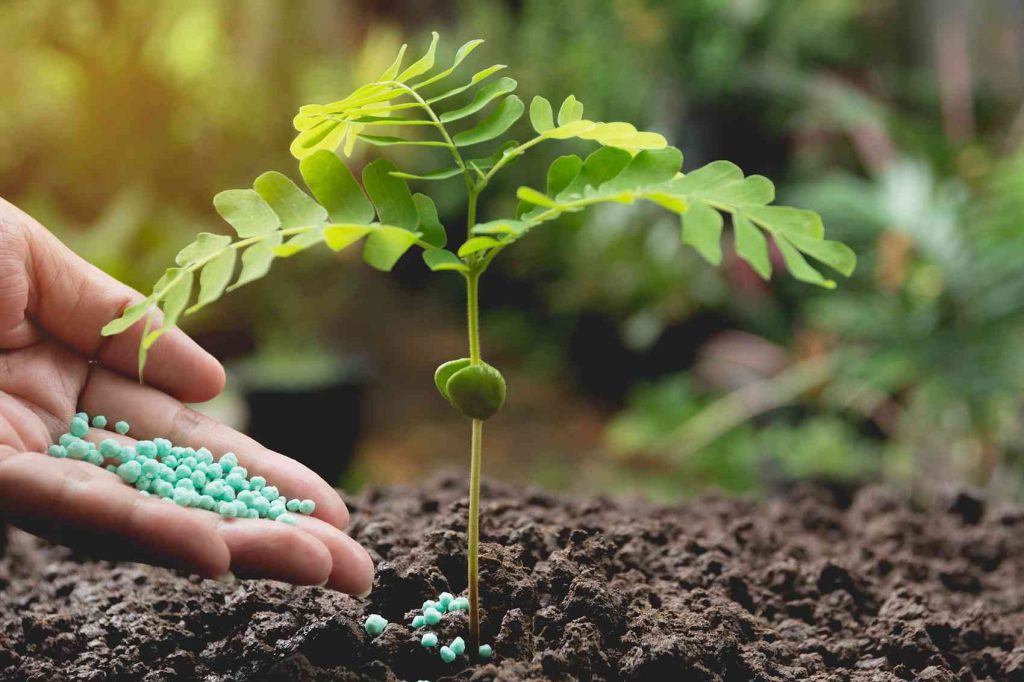What is Potassium polyacrylate?
Potassium polyacrylate, often used in agriculture as a water-absorbing polymer, offers numerous benefits for soil moisture management and plant growth. However, like any product, it also comes with its own set of disadvantages. Understanding these drawbacks is crucial for making informed decisions about its usage.

Here are some of the key disadvantages associated with potassium polyacrylate:
- Cost: One of the primary drawbacks of potassium polyacrylate is its cost. Compared to traditional soil management techniques, such as irrigation scheduling or mulching, the upfront cost of purchasing and applying potassium polyacrylate can be significant. This can be a deterrent for farmers, especially those operating on tight budgets.
- Environmental Impact: While potassium polyacrylate is generally considered safe for use in agriculture, there are concerns about its long-term environmental impact. As a synthetic polymer, it may take a significant amount of time to degrade in the soil, leading to potential accumulation over time. Additionally, the production process of polyacrylate polymers may involve the use of chemicals and energy-intensive processes, contributing to carbon emissions and environmental pollution.
- Soil Health: Although potassium polyacrylate can improve soil moisture retention and reduce water consumption, there is some evidence to suggest that its long-term use may negatively impact soil health. Excessive use of polyacrylate polymers may alter soil structure and microbial activity, leading to reduced fertility and nutrient availability for plants.
- Risk of Overapplication: Another disadvantage of potassium polyacrylate is the risk of overapplication. Applying excessive amounts of the polymer to soil can lead to waterlogging, which in turn may suffocate plant roots and promote the growth of harmful pathogens. Proper dosage and application methods are essential to avoid these issues.
- Limited Effectiveness in Certain Conditions: While potassium polyacrylate is effective in retaining soil moisture in most conditions, its performance may be limited in extreme environments such as sandy soils or areas with high rainfall intensity. In such cases, additional measures may be needed to complement the use of polyacrylate polymers.
In conclusion, while potassium polyacrylate offers several benefits for soil moisture management and crop production, it is important to consider its disadvantages as well. Farmers and agricultural professionals should weigh these factors carefully and implement appropriate measures to mitigate potential risks associated with its use. Additionally, further research and development efforts are needed to address concerns related to cost, environmental impact, and long-term soil health implications.

